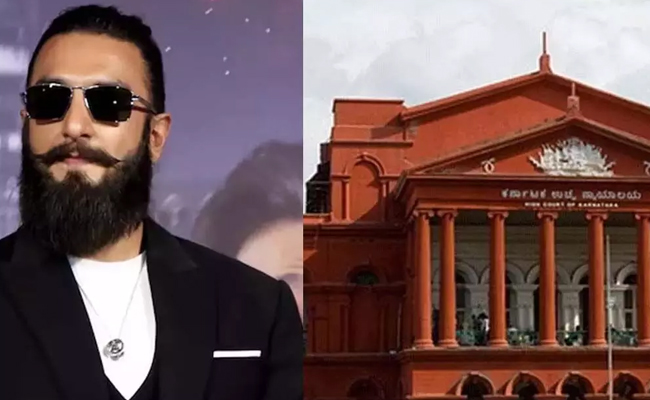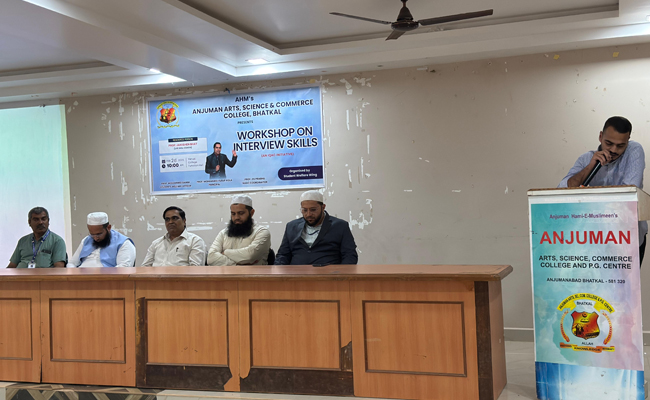Ahmedabad, Apr 27: The ever-reliable AB de Villiers hit an unbeaten 42-ball 75 to power Royal Challengers Bangalore to 171 for five against Delhi Capitals in the IPL here on Tuesday.
It was a collective effort from the Delhi bowlers -- Ishant Sharma (1/26), Axar Patel (1/33), Kagiso Rabada (1/38), Amit Mishra (1/27), Avesh Khan (1/24) -- who all picked one wicket apiece.
De Villiers, who hit three fours and five sixes, was the top scorer for RCB.
The veteran South African hit 22 runs off the last over bowled by Marcus Stoinis (0/23)that included three sixes.
Rajat Patidar (31) and Glenn Maxwell (25 off 20 balls) also provided valuable contributions.
Put in to bat, Devdutt Padikkal (17) and skipper Virat Kohli (12) were off to a flying start, amassing 30 runs in 3.5 overs. The youngster opened his account with a boundary off Ishant in the first over. The duo hit five fours. However, that changed as DC bowlers effected back-to-back blows.
Pacer Avesh provided the Capitals with the first breakthrough, dismissing the RCB captain for 12 in the fourth over. In the very next ball, Ishant, playing his first match of the season, got rid of the dangerous Padikkal.
With two new batsmen in the middle, the seasoned speedster went on to bowl a wicket maiden to slow down the proceedings as RCB collected 36 runs for the loss of two wickets in the Powerplay.
Maxwell played a short cameo, smashing two maximums and a boundary but was caught at long on by compatriot Steve Smith of leggie Mishra as RCB reached 68 for three at the hallway mark.
Patidar, who hit 31 off 22 deliveries, and de Villiers steadied the ship by stitching a 54-run stand but all-rounder Axar Patel, who accounted for the Indian in the 15th over.
Barring de Villiers all RCB batsmen were guilty off not capitalising on good starts.
Let the Truth be known. If you read VB and like VB, please be a VB Supporter and Help us deliver the Truth to one and all.
Bengaluru (PTI): The Karnataka High Court on Monday extended the interim relief given to Bollywood actor Ranveer Singh till March 9, in a case related to mimicking a character from the movie, 'Kantara Chapter-1', and allegedly mocking a deity.
The actor had approached the High Court seeking the quashing of the FIR against him for mimicking Rishab Shetty's role as 'Chavunda' deity in the movie.
While mimicking, Singh had called the deity a "ghost". The actor was asked to appear before the court in person on Monday.
Appearing on behalf of the actor, his counsel Sajjan Poovayya said Singh was stuck in London and was unable to reach Bengaluru due to the conflict in West Asia.
The complainant, who is a lawyer, alleged that his religious sentiments were hurt by calling the deity a ghost. On the directions of a local Court, the police registered a case against the actor.
The High Court on February 24 granted interim relief to the actor with directions to the police not to take any coercive steps against him.





